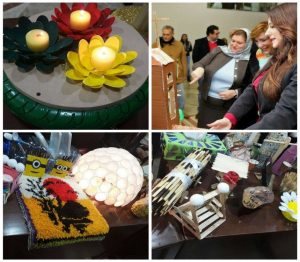- About
- Admission
- Academics
- Educational System (LMD)
- Academic Rules
- Faculties & Programs
- Library
- Campuses
- Centers
- Planning & Development Unit
- Department of Business Analysis & Transformation (BAT)
- Department of Teaching & learning (DTL)
- Department of Sustainable Development (DSD)
- Sustainable Development Goals (UN)
- SDG 1: No Poverty
- SDG 2: Zero Hunger
- SDG 3: Good Health and Well-Being
- SDG 4: Quality Education
- SDG 5: Gender Equality
- SDG 6: Clean Water and Sanitation
- SDG 7: Affordable and Clean Energy
- SDG 8: Decent Work and Economic Growth
- SDG 9: Industry, Innovation and Infrastructure
- SDG 10: Reduced Inequalities
- SDG 11: Sustainable Cities and Communities
- SDG 12: Responsible Consumption and Production
- SDG 13: Climate Action
- SDG 14: Life Below Water
- SDG 15: Life on Land
- SDG 16: Peace, Justice and Strong Institutions
- SDG 17: Partnerships for the Goals
- QS Sustainability
- Sustainable Development Goals (UN)
- Department of Publishing & Press (DPP)
- High Council for Sustainable Educational Development
- High Council for Scientific Research & Publication
- Alumni Center
- Language Center
- Human Rights Center
- Sawt AlJamiaa Journal
- Planning & Development Unit














































































